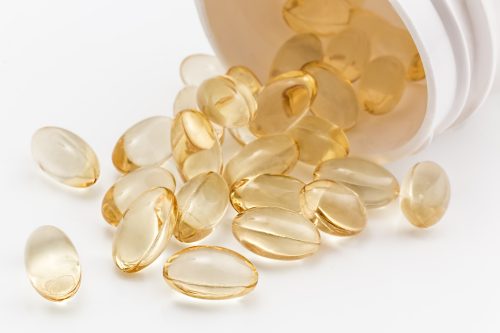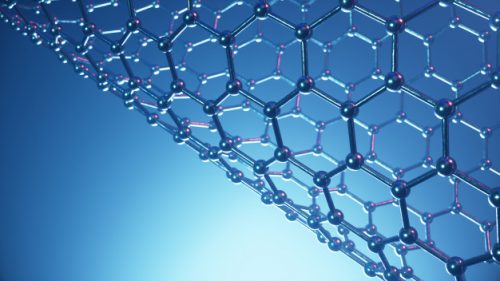Get yourself informed about all the abrupt advancement in medical knowledge.
Nanotechnology, with its ability to manipulate matter at the atomic level, has the potential to revolutionize a wide range of medical fields.
Supervision
Nanomedicine is at the cutting edge of modern medicine. Nanoparticles provide a novel medication delivery platform that not only extends the 'patent life' of medicines, but also improves the targeting and efficacy of therapy. They can also improve most medical imaging modalities and, in certain circumstances, provide integrated diagnostic and therapeutic capabilities, known as 'theranostics.'
The Best You Can Get
Knowledge with practical skills
Mentor Guidance and handholding
Hold on technical writing skills
Projects to bring a difference
Nanotechnology in medicals
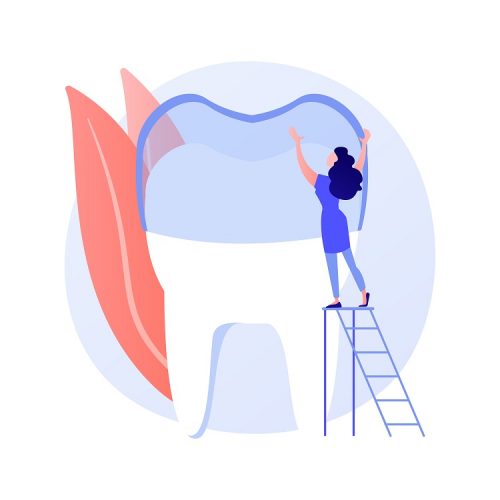
Implants coatings
New biological coatings for orthopedic implants have been developed as a result of advancements in manufacturing, cell biology, and material science, with the goal of replicating the natural environment of growing bone.
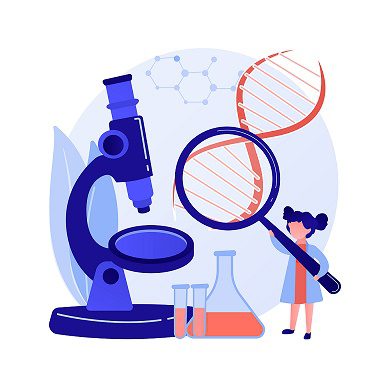
Better imaging equipment
Nanotechnology's developments in biomedical imaging have advanced dramatically, promising precise molecular imaging with significantly enhanced contrast enhancement over traditional imaging agents.
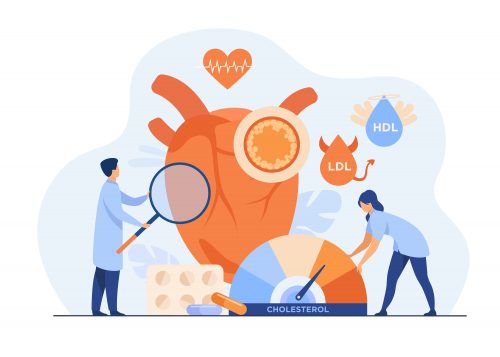
Diagnostic equipment
The use of nanotechnology in the detection and treatment of cancer and other diseases is becoming more common. Nanotechnology identifies biomarkers of tumor cells, allowing for early detection and increased test sensitivity.
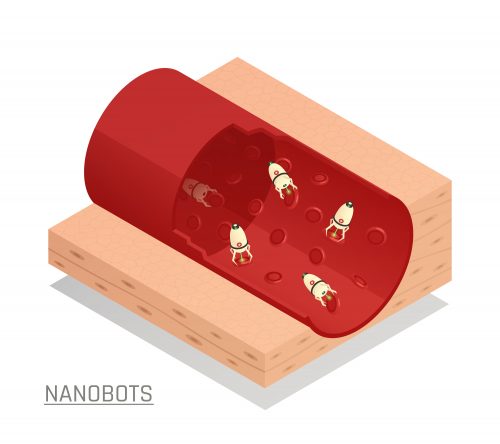
Nanobots
Nanotechnology is controlling matter atom by atom and using Nanorobots to put things together from atomic and molecular components. Nanorobots are hypothetical tiny machines in the 1–100 nm range that allow us to build crystals as extremely fine-grained atomic structures using a precise design.
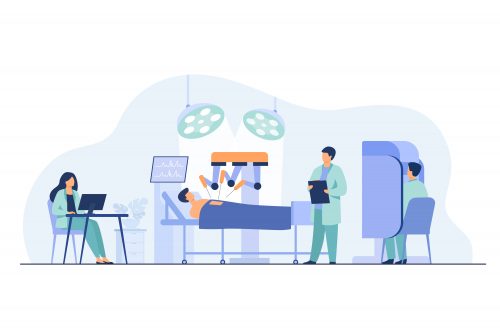
Nanosurgery
Cell surgery will be possible in the near future thanks to the development of nanoneedles and nanotweezers. Suture needles with nano-sized stainless steel crystals are being created, and they might be used to make wounds at the cellular level.
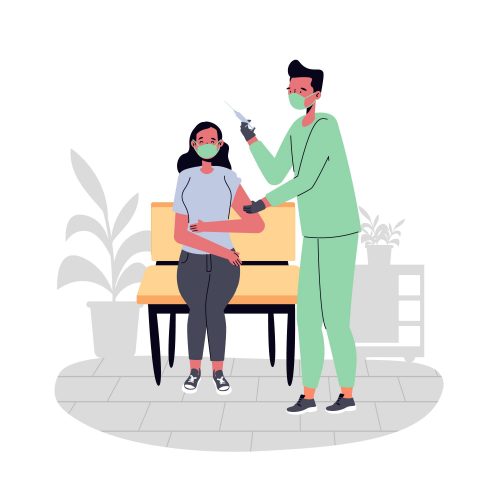
Nanosurgical tools
One of the most important technologies for viewing, measuring, and manipulating materials at the nanoscale is atomic force microscopy (AFM). Surgical blades with a cutting edge diameter of 5 nm–1 m may now be made because to advances in new manufacturing technologies. Diamond scalpels have a cutting edge that is only a few atoms thick (about 3 nm).
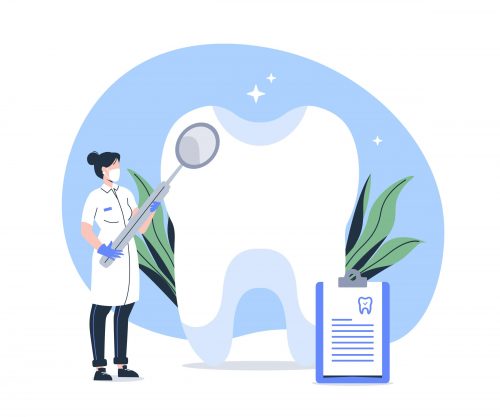
Nano dentistry
Nano-dentistry is making every effort to incorporate modern technology into dental practice. Bone is a naturally nanostructured composite made up of organic and inorganic components. Nanotechnology could also be used to create nano-bone graft materials to cure bone defects.
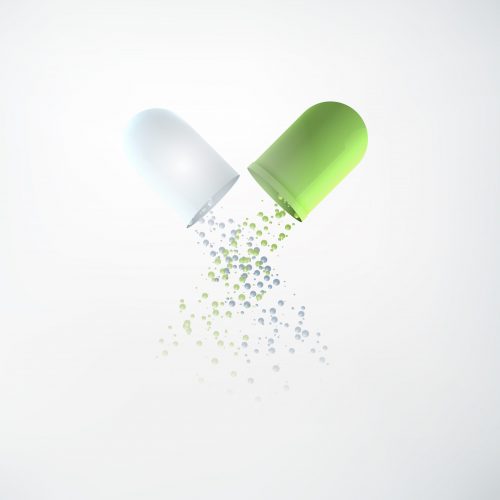
Nanomedicine
Nanomedicine is a new discipline that has emerged as a result of advancements in the medical application of nanotechnology. Robert A. Freitas Jr. first proposed this notion in 1993, and it was defined as employing nanostructures and nanodevices to observe, regulate, and treat the biological processes of the human body at the molecular level.
What Our Candidates Have to Say
”
The books given to me were amazing and even all my issues regarding the website quiz and everything were handled very well so Thank You
Purvesh Kansara, Student, M. U.
”
Thanks for the beautiful program. I have really benefited from the course & I am willing to pursue some higher science & technology intensive course in Nanotechnology.
Er. Devesh Chandra, WIPRO TECHNOLOGIES
Get yourself Signed Up Today!
It's time for you to enhance your knowledge and be an edge above others. Join 10,000 candidates today.

